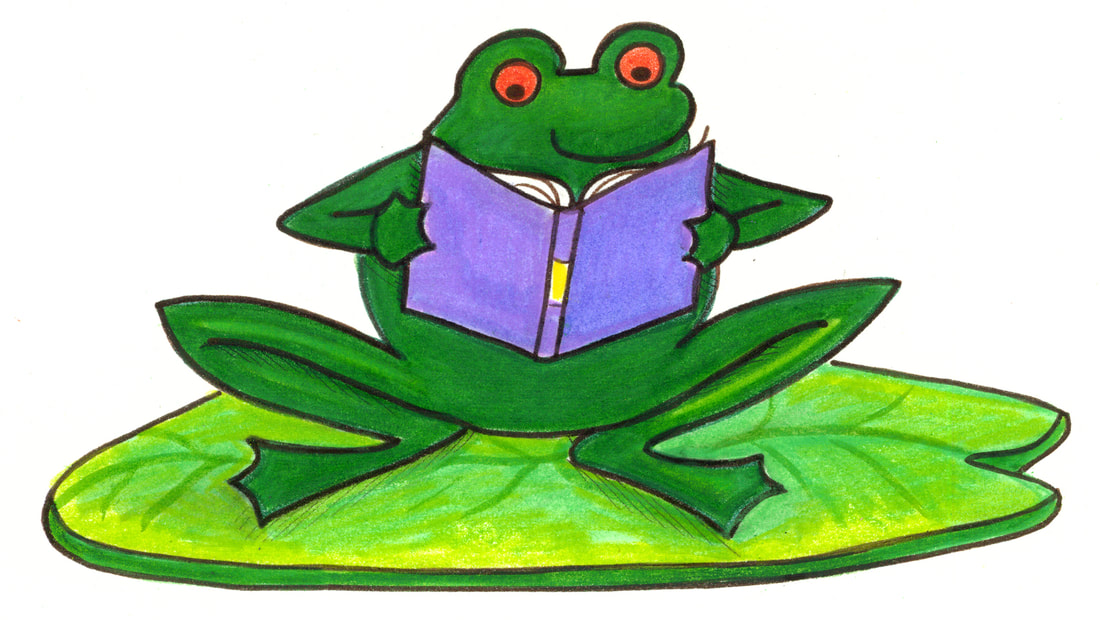Today is National Book Lover's Day and I'm using my blog space to tell to tell you about a few scientific reasons for reading (real) books.
1. Reading increases intelligence. This is pretty much a given. But when it comes to kids, that fact is especially true. "Children’s books expose kids to 50 percent more words than prime time TV, or even a conversation between college graduates, according to a paper from the University of California, Berkeley. Exposure to that new vocabulary not only leads to higher scores on reading tests but also higher scores on general tests of intelligence. Plus, stronger early reading skills may mean higher intelligence later in life." And did you know that reading on a screen can slow you down by as much as 20-30%? it's true.
2. Reading increases your brain power. it's kind of like taking your brain out for a jog. Not only does reading make you smarter, it boosts your brain's capacity and makes it stronger. "Regular reading may help slow the aging process, keeping minds sharper longer, according to research published in Neurology. Frequent brain exercise was able to lower mental decline by 32 percent, reports The Huffington Post."
3. Reading can make you more empathetic. Reading a good book can actually make it easier for us to relate to others. Literary fiction, specifically, has the power to help its readers understand what others are thinking by reading other people's emotions, according to research published in the Science journal. "The impact is much more significant on those who read literary fiction as opposed to those who read nonfiction. “Understanding others’ mental states is a crucial skill that enables the complex social relationships that characterize human societies,” David Comer Kidd and Emanuele Castano wrote of their findings."
4. Flipping pages can actually help you understand what you're reading. It's been discovered that if you have some difficulty remembering what you've read, the feel of the paper under your fingertips provides your brain with some context. "This can lead to a deeper understanding and better comprehension of the subject you’re reading about, Wired reports. So to reap the benefits of a good read, opt for the kind with physical pages."
5. It may help fight Alzheimer's Disease. Studies show that those who put their brains through activities such as reading, playing chess, or working on puzzles can be 2.5 times less likely to develop Alzheimer's than those who spend their leisure time on less stimulating activities. "One paper suggests that exercising the brain may help because inactivity increases the risk of developing Alzheimer’s, inactivity is actually an early indicator of the disease or a little of each."
6. Reading can help you relax. Research suggests that reading can be a serious stress-buster. "One 2009 study by Sussex University researchers showed that reading may reduce stress by as much as 68 percent. “ Maybe that's why curling up with a good book, and a small glass of swamp juice sounds so appealing at the end of a stressful day.
7. Reading before bed can help you sleep. Creating a bedtime ritual like reading signals the body that it's time to shut down for the night, says the esteemed Mayo Clinic. Reading a (real) book helps you relax more than zoning out in front of a screen before bed. Reading on screens before bed can actually keep you awake longer (better used during the day perhaps) and can even hurt your sleep. And, again, this is even truer for children. "Fifty-four percent of children sleep near a small screen and clock 20 fewer minutes of shut-eye on average because of it, according to research published in Pediatrics. So reach for the literal page-turners before switching off the light." And finally...
8. Reading is contagious! Reading is one thing you and your kiddos will want to catch. "Seventy-five percent of parents wish their children would read more for fun, and those who want to encourage their children to become bookworms can start by reading out loud at home. While most parents stop reading out loud after their children learn to do it on their own, a new report from Scholastic suggests that reading out loud to kids throughout their elementary school years may inspire them to become frequent readers—meaning kids who read five to seven days per week for fun. More than 40 percent of frequent readers ages six through 10 were read to out loud at home, but only 13 percent of those who did not read often for fun were. Translation? Storytime offers a good way to spark an interest in the hobby." And let's not forget that reading is fun!!!
Parents and educators might not want to teach children that reading is a chore; something that we MUST learn to do to get through life successfully. Rather, reports say, it is far better to teach them that reading is a gift. And it is. I am so proud that I have been able to write a few books for kids. I can't think of any professional that I'd rather have.
Pick up a good book today, and maybe one for your kids or best friend. You'll be happy you did and you'll be giving them a health benefit, as well. Don't forget to use #NationalBookLoversDay on all your social media.
Please come back tomorrow for another "mind-blowing" Irwin blog.
Peace.

 RSS Feed
RSS Feed